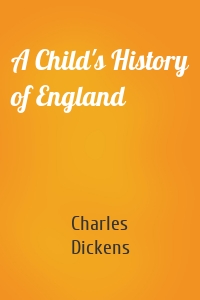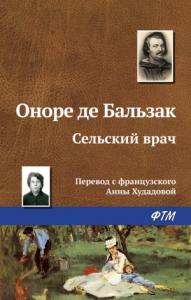
Oliver Twist (with an Introduction by Edwin Percy Whipple) скачать fb2
Charles Dickens - Oliver Twist (with an Introduction by Edwin Percy Whipple) краткое содержание
Originally serialized in “Bentley’s Miscellany” between February 1837 and April 1839, “Oliver Twist,” is Charles Dickens’s second novel, the classic story of the struggles of a young orphan in 19th century England. When his mother dies in childbirth, Oliver Twist finds himself in a situation of dire poverty. At the time, those who could not afford to provide for themselves were often forced into servitude under the harsh Poor Laws of 19th century England. At the age of nine, Oliver is set to work picking and weaving oakum at the workhouse where he lives. The circumstances of Oliver’s life are brutal, with meager food, clothing, and shelter, he finds himself in an unenviable position. “Oliver Twist,” is an early example of social criticism, in which Dickens effectively draws attention to the political issues of child labor and the struggles of the poor. Drawing upon his own experiences as an impoverished youth, Dickens brought to light the struggles of the lower classes in a way that continues to resonate with audiences until this day. This edition includes an introduction by Edwin Percy Whipple.
Чтобы оставить свою оценку и/или комментарий, Вам нужно войти под своей учетной записью или зарегистрироваться







